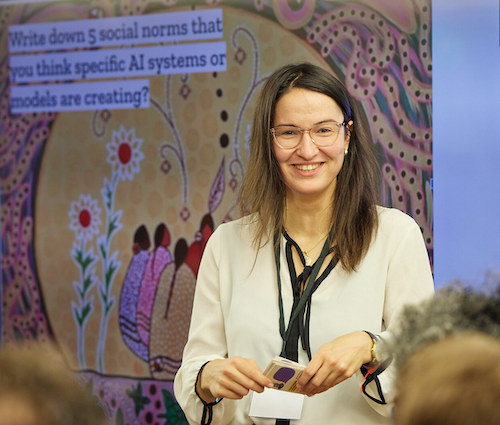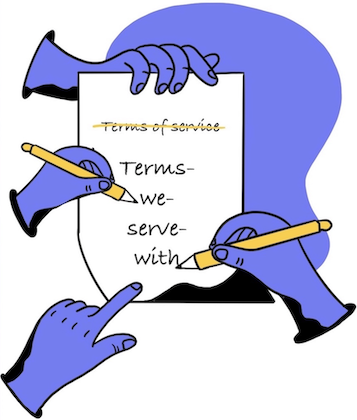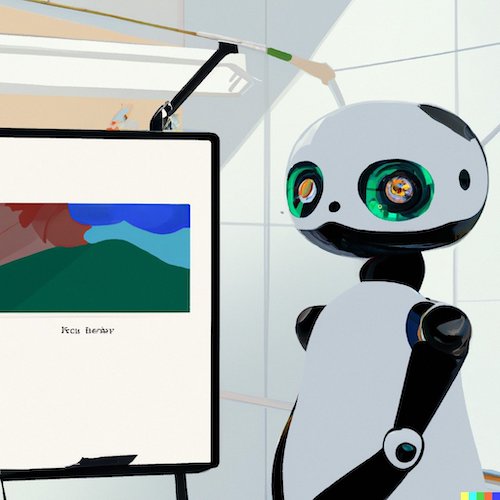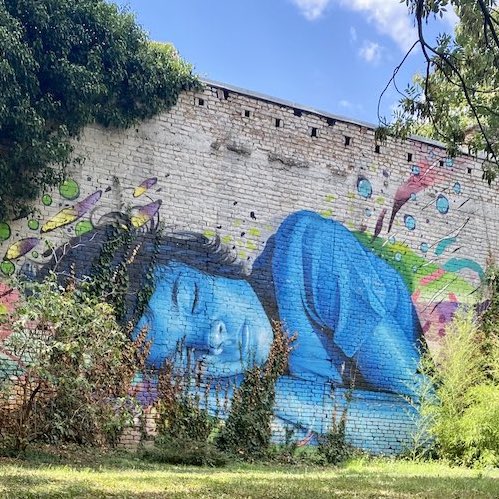
Building Agentic AI Systems Evaluation Pipelines through Legal Red-Teaming, Standardization, and Mechanism Design
Bogdana (Bobbi) is a senior data scientist at the global Responsible AI team at DLA Piper, where her work is focused on legal red-teaming and safety guardrails. Her research centers algorithmic impact assessments, participatory mechanism design, legal innovation, and the use of speculative methods to explore a wide range of possible futures. She is also a Data & Society Institute affiliate and has a passion for empowering people to trust AI systems through actionable models of evaluation and engagement in the AI lifecycle, centered on equity, access, and justice. Previously, a senior trustworthy AI fellow at the Mozilla Foundation (2022-24), working on reimagining consent and contestability in AI. A research manager at the Responsible AI team at Accenture where she worked on bringing the latest research on AI impact assessments into practice for diverse clients. Bobbi is a lead guest editor of the Springer journal Special Issue: Intersections of Artificial Intelligence and Community Well-Being. As a research fellow at Partnership on AI, she worked on disentangling the intersection of organizational structure and the work within the growing field of Responsible AI. Bobbi is passionate about the intersection of AI, community well-being, and environmental regeneration, also as part of the Happiness Alliance. She was part of the core team who brought together the IEEE 7010-2020 Recommended Practice for Assessing the Impact of Autonomous and Intelligent Systems on Human Well-Being. Prior to that she was a senior machine learning research engineer at Samsung's innovation Think Tank Team where she worked on novel human-computer interaction interfaces, resulting in four patents. Previously, in 2013 she co-founded a company at the intersection of AI and workforce automation.


